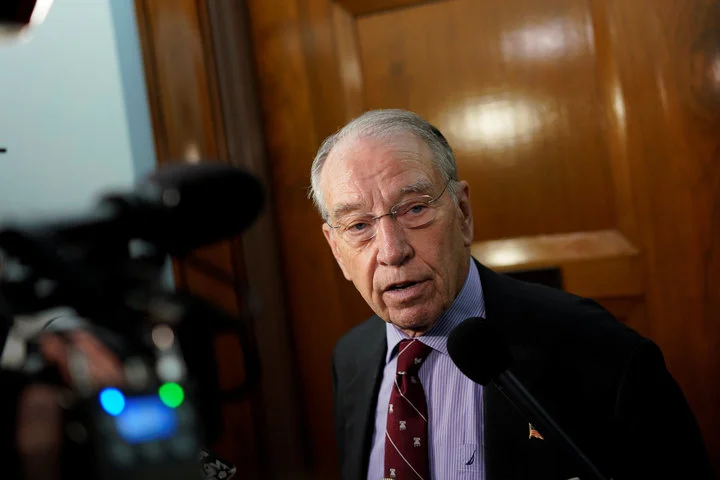The opinion summarized the case as follows:
One of the goals of the juvenile law is reformation and rehabilitation of the minor’s attitude so that he respects the rights of others. Here, appellant seems to think that his felonious conduct is a springboard for braggadocio on the internet. Appellant has First Amendment freedom of speech rights. But the juvenile court may curtail such rights in an appropriate case by a narrowly tailored condition of probation. This is an appropriate case.




















